It seems like a safe assertion that Idris Elba is one of the most beloved actors on the planet.
Elba was named the sexiest man alive by People magazine in 2018. Elba remains the favorite to one day play James Bond and is still addressing such speculation at the point where he would be the oldest actor to take up the mantle. Elba is so beloved in his native United Kingdom that television provider Sky has built an almost-decade-long advertising campaign around how cool it would be if Idris Elba were in all television or if he showed up at random strangers’ houses to watch television with them.
However, Hollywood has largely struggled with what to do with Elba. Part of this is undoubtedly down to Elba’s own preferences and ambitions. Elba has enjoyed a rich and varied career that has included showrunning a sitcom based on his own life and DJing under the name “Big Driis.” Another part is Hollywood rarely plays Elba to his unique strengths.
When it comes to blockbuster filmmaking, Elba’s big appearances have generally involved casting the actor in generic roles – as a casual supporting player like Heimdall in the Thor movies or as a throwaway villain like Brixton in Fast & Furious Presents: Hobbs & Shaw. In many ways, Star Trek Beyond is a perfect illustration of Hollywood’s difficulty in finding space for Elba, burying one of the most interesting actors of his generation under two hours’ worth of thankless makeup for most of its runtime.
To be fair, Hollywood’s difficulty properly casting Idris Elba is perhaps symptomatic of a larger transition. Much has been made of the fact that the movie star is an endangered species in an era dominated by intellectual property. Chris Hemsworth’s work in the Marvel Cinematic Universe, including his work as the lead of an entire sub-franchise, has grossed over $9B. However, his work outside franchises includes flops like Bad Times at the El Royale ($31M) or Blackhat ($20M).
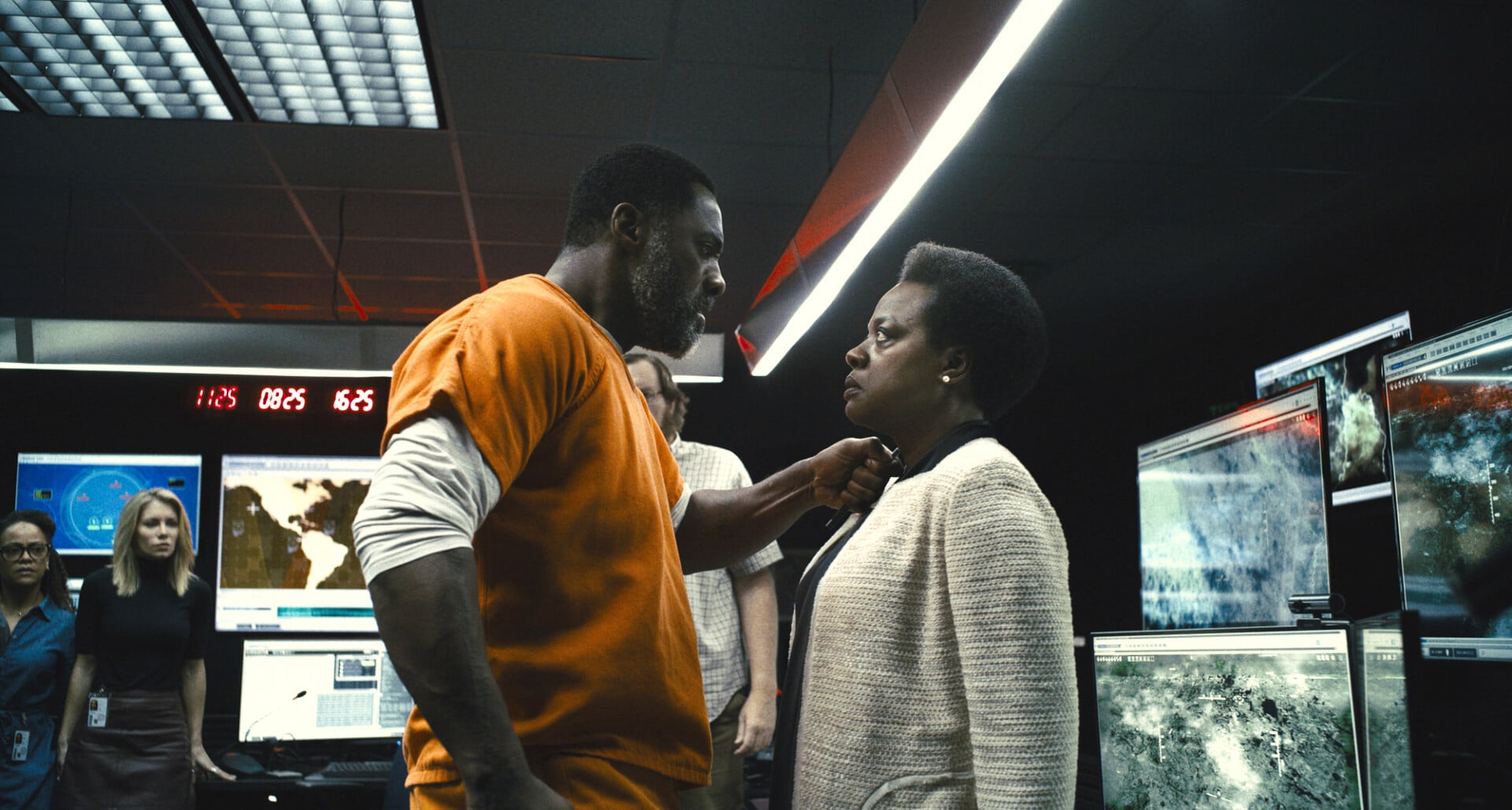
Movie stars are very much the exception rather than the rule in modern Hollywood. A profile piece in The Hollywood Reporter to mark the release of Once Upon a Time… in Hollywood described Leonardo DiCaprio as “Hollywood’s Last Movie Star.” Veteran movie stars like Tom Cruise and Will Smith have struggled to stay relevant, with much of their modern screen personas built around their status as rarities in the modern landscape and their challenges of maintaining their brand.
With all of this going on, it makes sense that modern Hollywood has forgotten how to use movie star personas effectively. As an example, one need only look at two relatively recent attempts to create star-driven blockbusters built around successful screen personas: Dwayne Johnson’s work in Jungle Cruise and Ryan Reynolds’ work in Free Guy. Both are movies where the lead actor’s on-screen persona is very much at odds with what the movie is attempting.
Jungle Cruise is clearly and explicitly intended as an homage to movies like The African Queen and Romancing the Stone, not to mention other classics like Raiders of the Lost Ark and more recent films like The Mummy. Those movies are all built around a particular type of male lead, an actor who is ambiguous – who is presented as innately charming but also fundamentally untrustworthy, whether because of their hardened edge or their lack of competence or some combination of the two.
After all, Romancing the Stone starred Michael Douglas, the man who would convince a generation that “greed, for lack of a better word, is good” and who could play a sleazy adulterer with enough charm that the “audience definitely empathized with him.” The Mummy starred Brendan Fraser, whose other big hits from that year included the live-action cartoon Dudley Do-Right and retro comedy Blast from the Past, so he definitely had the zany screwball energy.
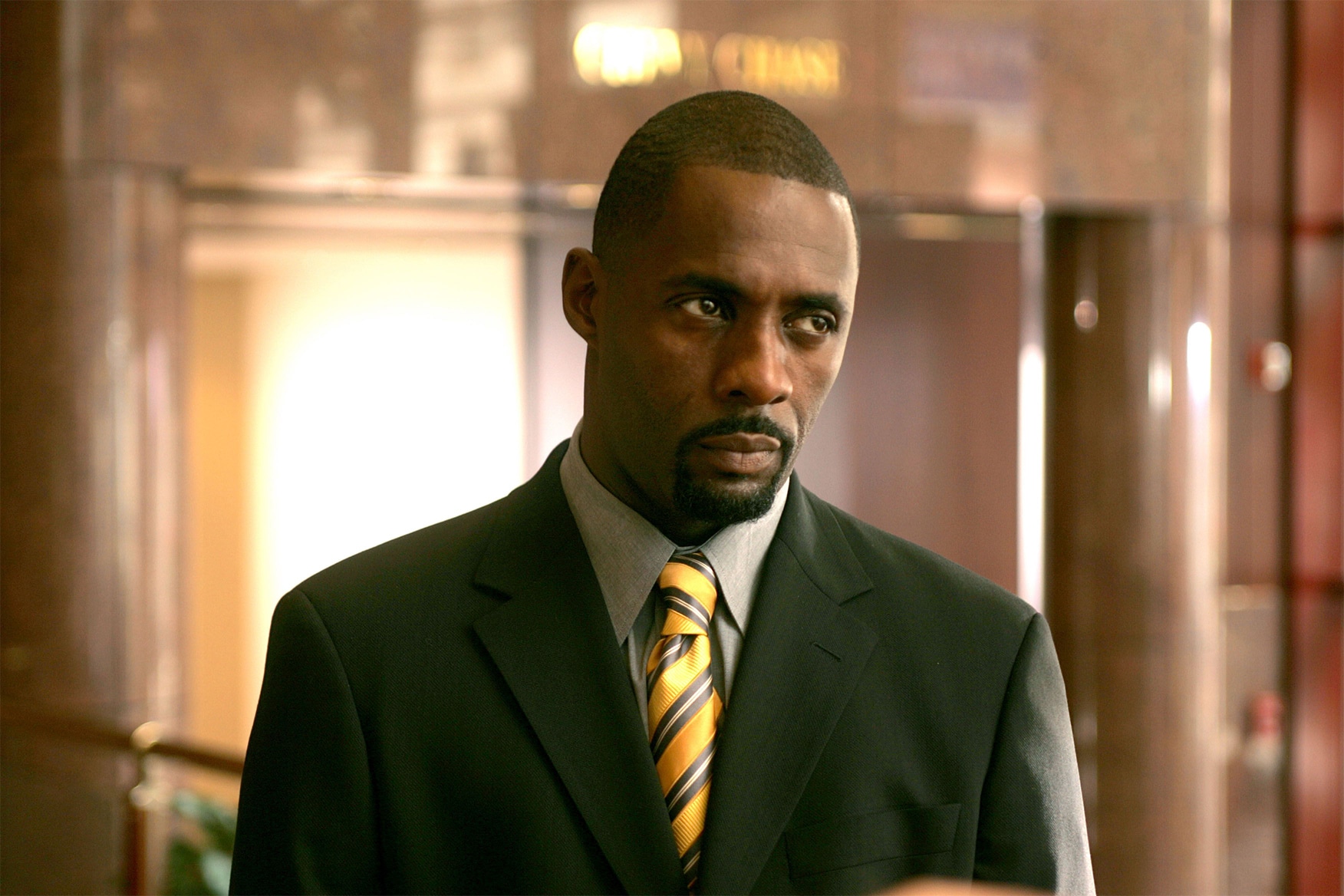
In contrast, Dwayne Johnson’s screen persona has largely been defined as that of a straight shooter, frequently playing military men and law enforcement officials. When he joined the Fast and Furious franchise, a series about a gang of international car thieves, he played a cop. Jungle Cruise can’t sell the audience on the idea that Johnson is playing a character who is “deeply unpleasant.” Johnson’s screen persona is also largely sexless, so he can’t pull off the chemistry that a movie like this needs.
Free Guy has a similar problem with its leading actor. The movie is a familiar story about a character who discovers that their entire world is a lie, recalling movies like The Truman Show or The Matrix. Free Guy requires a performer that can bring the same goofy childish innocence that Jim Carrey brought to The Truman Show or the Zen blankness that Keanu Reeves brought to The Matrix. The movie suffers because Ryan Reynolds can’t shed his wry and self-aware screen persona.
This is what makes the use of Idris Elba in The Suicide Squad so effective. Writer and director James Gunn seems to not only understand Elba’s core strengths as lead actor, but also recognizes how that energy benefits what Gunn is trying to do with the larger movie. Elba’s performance in The Suicide Squad isn’t as showy as some of the rest of the cast, and he’s technically not even billed as the movie’s lead. However, he serves as the glue that holds the film together.
It’s important to stress the difference between an actor and a star. An actor can disappear into any role, like an on-screen chameleon. Daniel Day-Lewis might be the most obvious example of this. In contrast, a movie star exudes some ineffable quality that makes them unique. A performer can be both an actor and a movie star. Elba is perhaps a prime example. It’s also possible to build an entire career around an established persona – Arnold Schwarzenegger is never not Arnold Schwarzenegger.
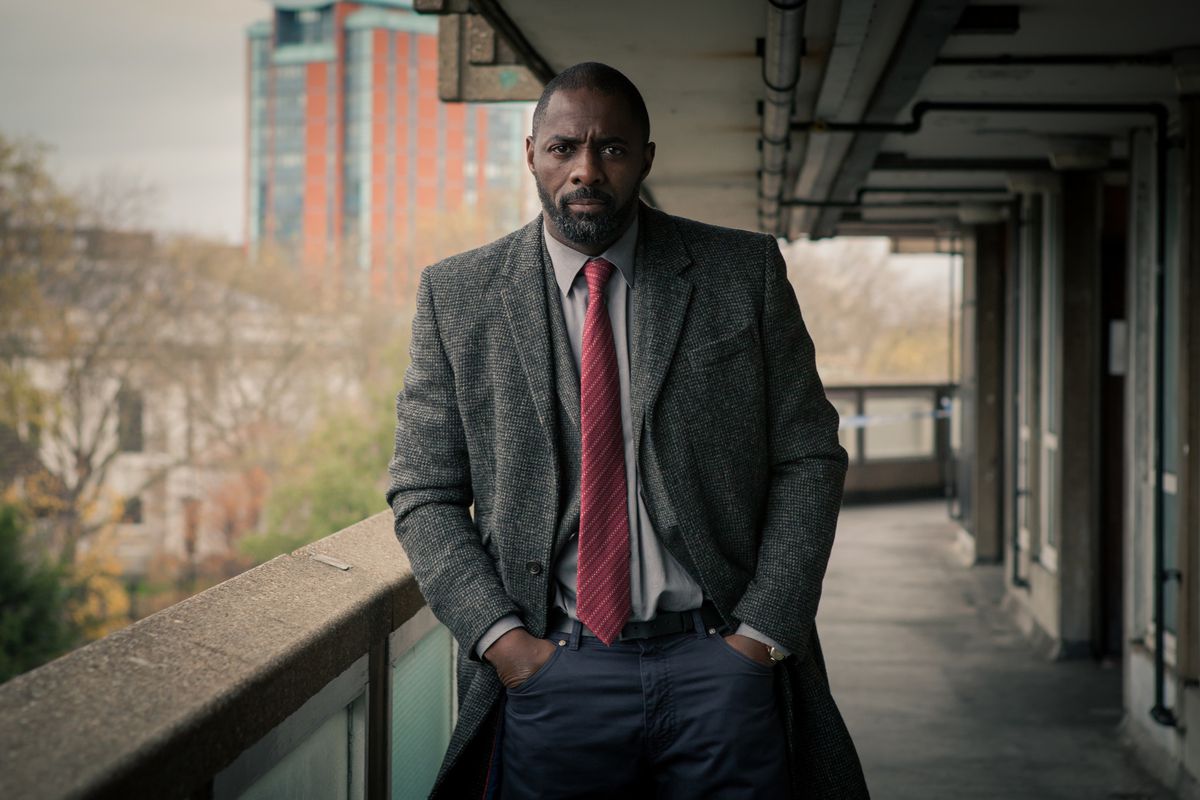
Elba’s breakout roles as both Stringer Bell on The Wire and DCI John Luther on Luther share certain qualities that play into Elba’s distinct screen persona. Both are incredibly smart and competent individuals with rich internal lives who navigate dangerous and heightened worlds. Both are pragmatic professionals who never seem particularly enthused or excited by the work that they do or the company that they keep.
As such, Idris Elba’s screen persona is miles away from that of the modern generic blockbuster lead, perhaps typified by “the Hollywood Chrises,” which is generally expected to be playful and quippy. After all, most blockbusters are designed to be welcoming to the audience, to sell the viewer on the idea that what is happening on screen is a fun time for all involved despite what is actually occurring. Elba’s specialty is playing against that energy.
It’s worth contrasting Elba’s performance in The Suicide Squad to Will Smith’s work in Suicide Squad. After all, Elba was originally intended to replace Smith in the role of Deadshot, although Gunn quickly rewrote the character so that Elba would be playing a new character named Bloodsport. Still, there are similarities between Deadshot and Bloodsport. Both are assassins. Both are thrown into leadership roles on the eponymous team. Both are defined by relationships to their daughters.
However, Will Smith brings a conventional movie star energy to Suicide Squad. Even playing a man who kills people for money, Smith cannot help but try to win the audience over to Deadshot. Smith plays Deadshot as the team’s straight man. More than that, he plays Deadshot as a loving father “trying to do right” by his daughter Zoe (Shailyn Pierre-Dixon). He is even apprehended by Batman (Ben Affleck) while shopping with his daughter and takes the suicide mission for her.
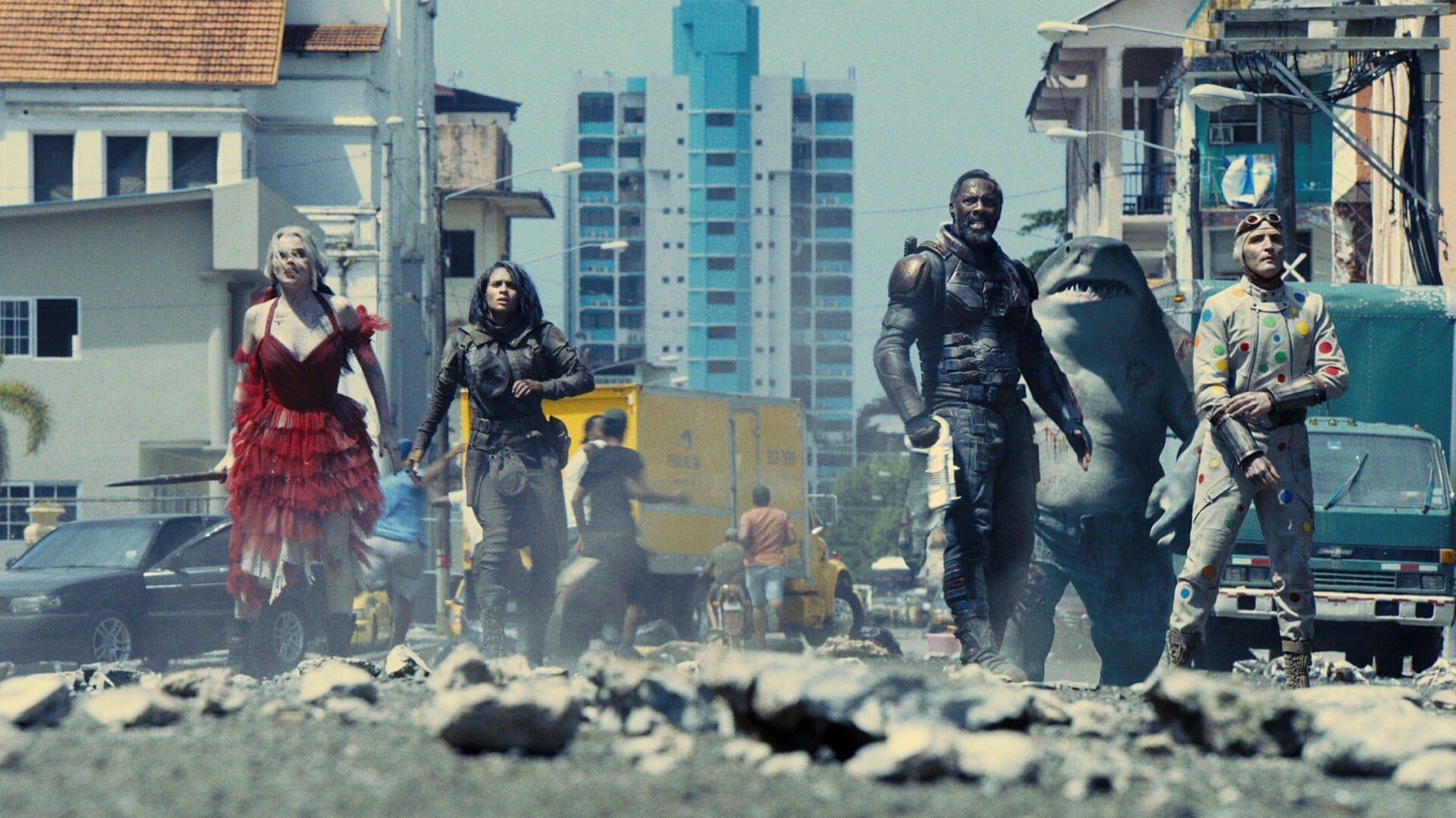
The Suicide Squad plays against this dynamic. Bloodsport never tries to be particularly likable. His first conversation with his daughter Tyla (Storm Reid) descends into the two characters yelling “fuck you” at one another through glass. Bloodsport spends most of the movie actively resisting attempts to make him the star of the film. He rejects Amanda Waller’s (Viola Davis) attempts to make him a leader and Ratcatcher II’s (Daniela Melchior) efforts to form an emotional connection.
The Suicide Squad repeatedly contrasts Bloodsport with the two other soldiers on the team. Rick Flag (Joel Kinnaman) served with Bloodsport and represents a more natural leader. While Bloodsport claims that he doesn’t care about the innocent people of Corto Maltese, Flag does. Peacemaker (John Cena) is another man who was turned into a weapon by an abusive father, although he at least claims to believe in concepts like “liberty” and “peace” in contrast to Bloodsport’s cynicism.
Idris Elba plays a character who actively resents being cast as the lead in superhero movie, which makes sense given that this is a movie about a team of superheroes who are being sent on suicide missions with bombs in their heads. The characters shouldn’t want to be there. “There’s no good in me,” Bloodsport bluntly tells Ratcatcher, and he seems to believe it. Elba plays Bloodsport as a character constantly exhausted rather than thrilled by the insanity around him.
“What the fuck is that?” sighs Bloodsport as Starro announces itself to the world. Elba doesn’t shout the line. He doesn’t deliver it as a wry and knowing punchline. He sells it as the first thought of a man who has just realized that it will probably be another few hours before he gets to go home. It’s a performance that makes Bloodsport’s character arc more compelling – as he learns to care for Ratcatcher, and as he resigns himself to the fact that maybe he does care and maybe he is a leader.
The fact that Will Smith offered a conventional movie star performance in Suicide Squad was one of the myriad issues with the earlier film. In contrast, Idris Elba has a different energy than most modern Hollywood leading men. It’s an energy that perhaps explains why Hollywood has struggled to find the right roles for such a charismatic and beloved performer, but it’s also an energy that allows The Suicide Squad to stand out from the crowd.

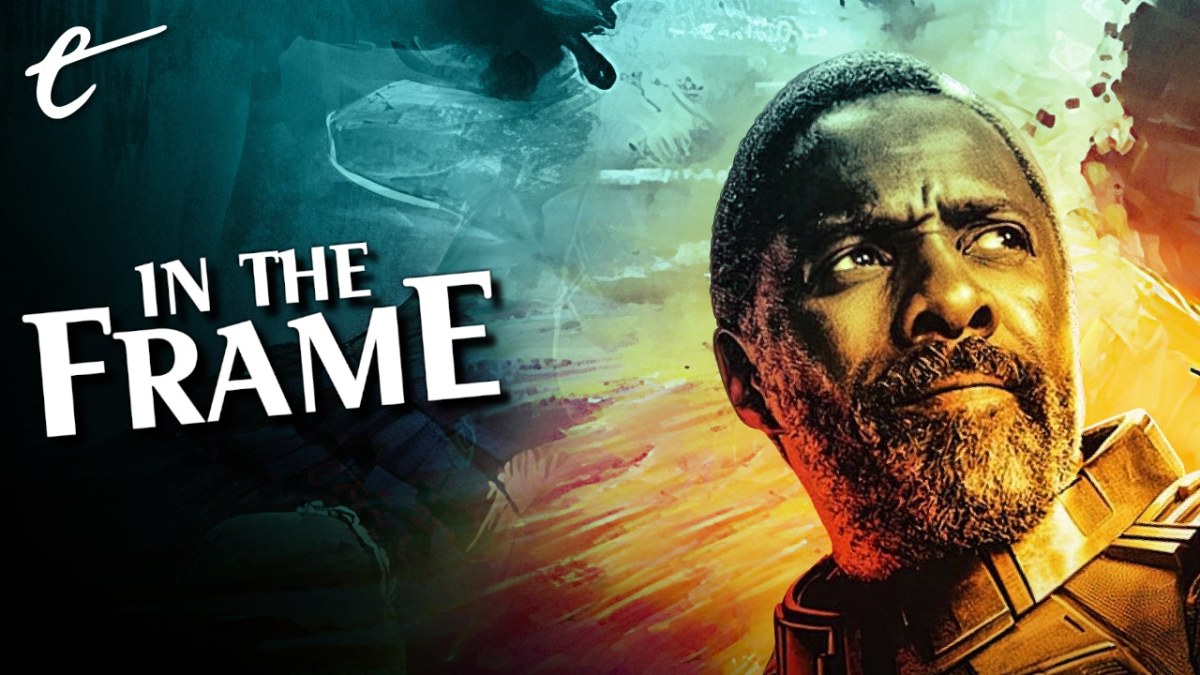





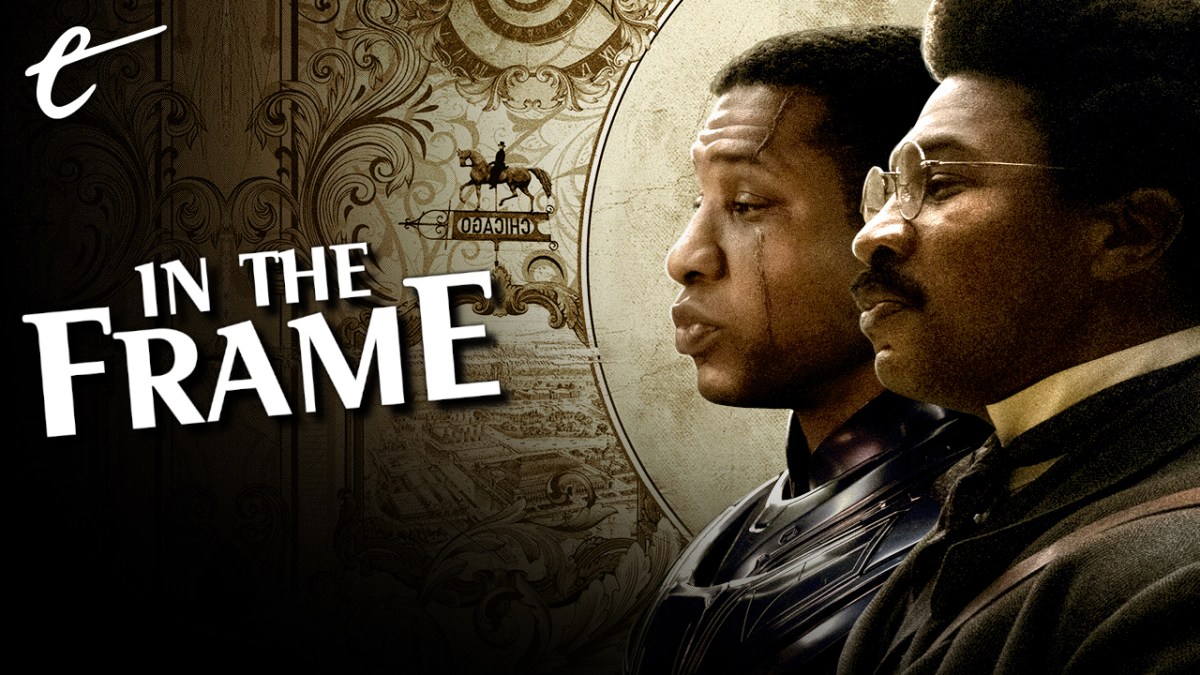

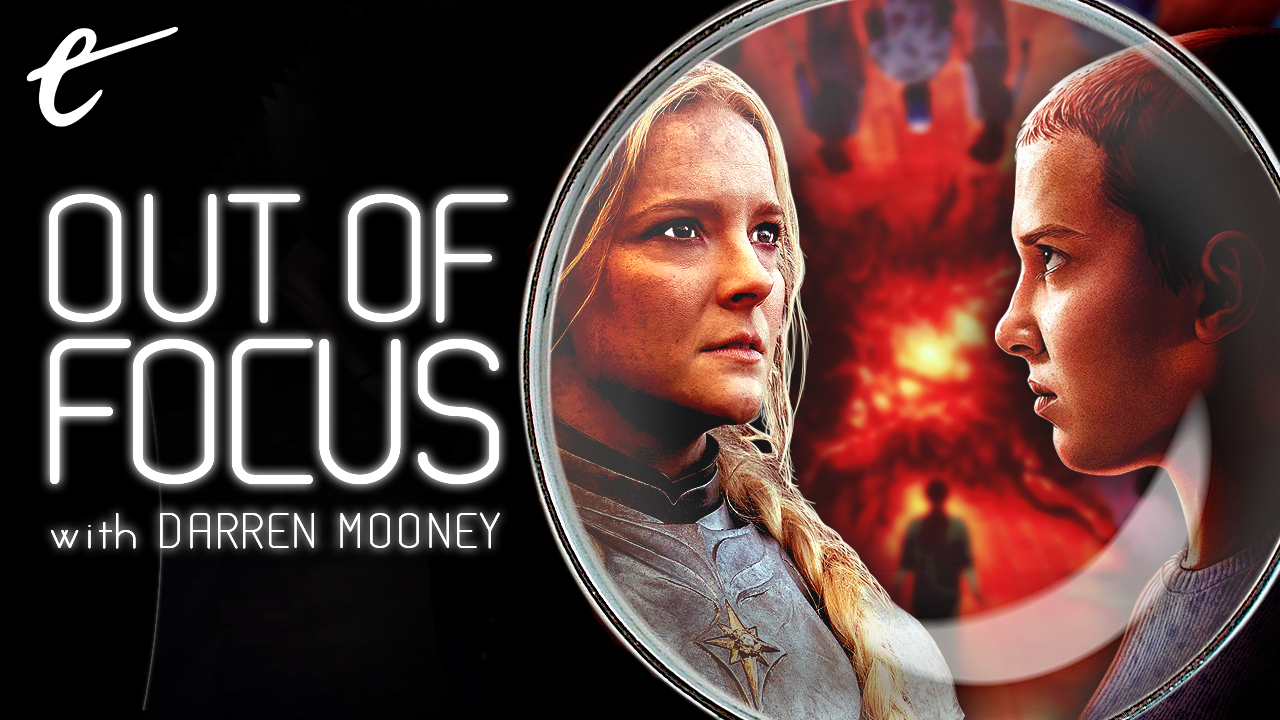
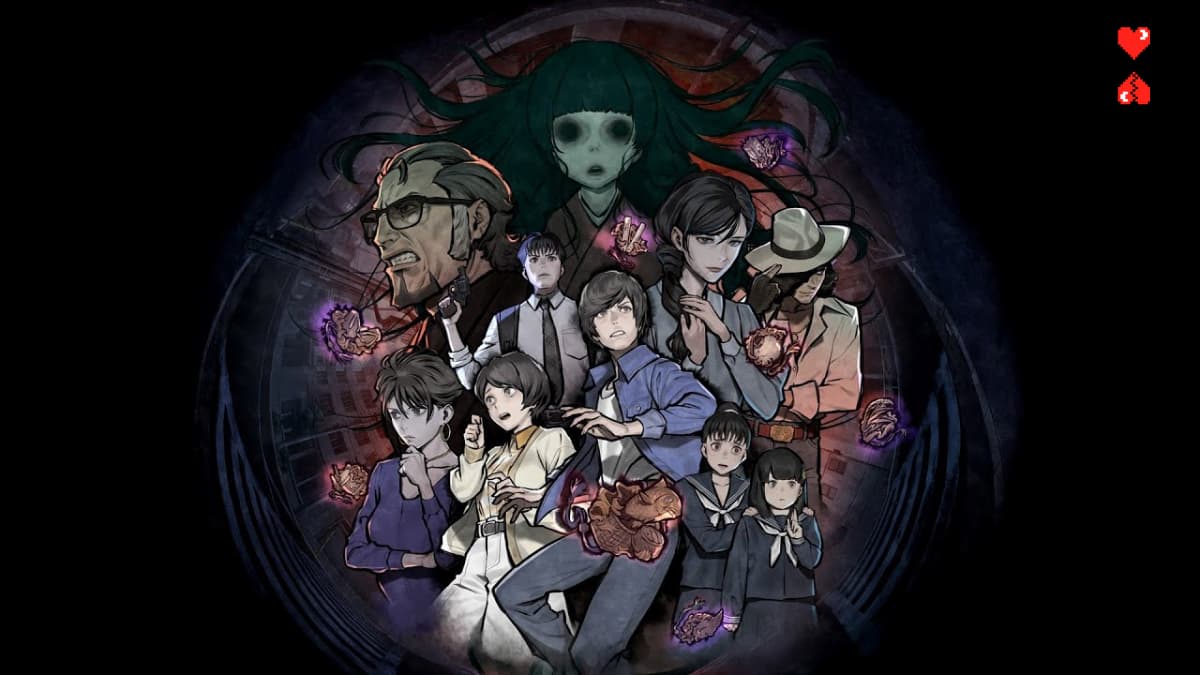
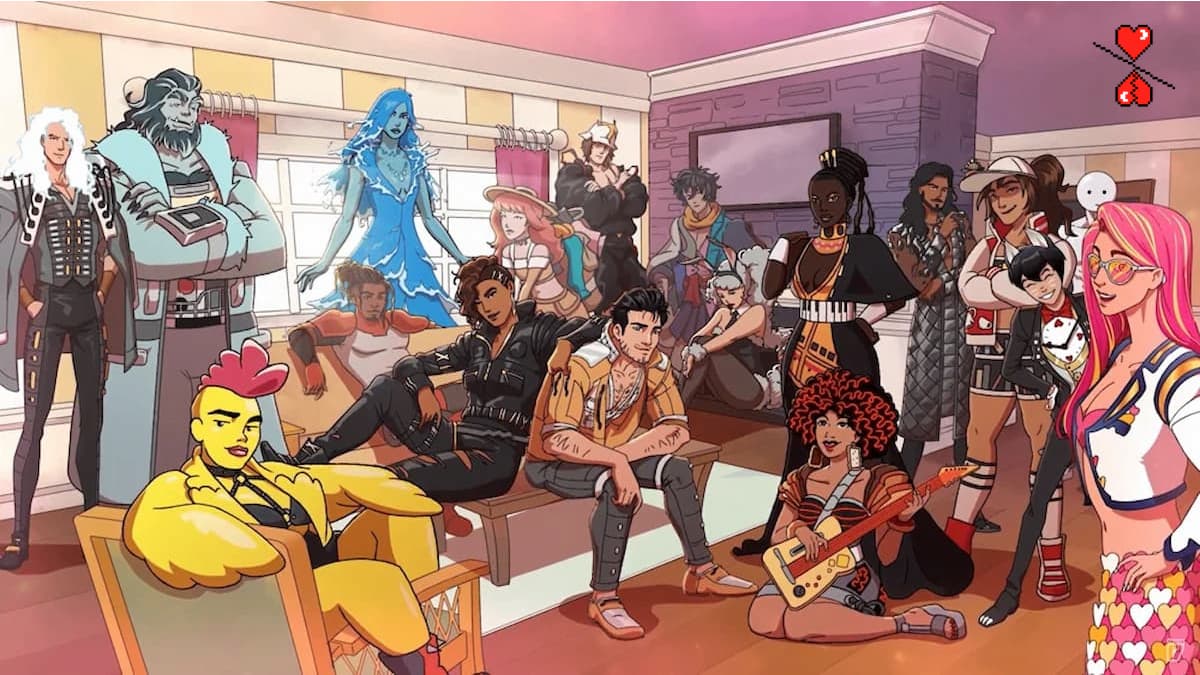


Published: Aug 16, 2021 3:00 PM UTC